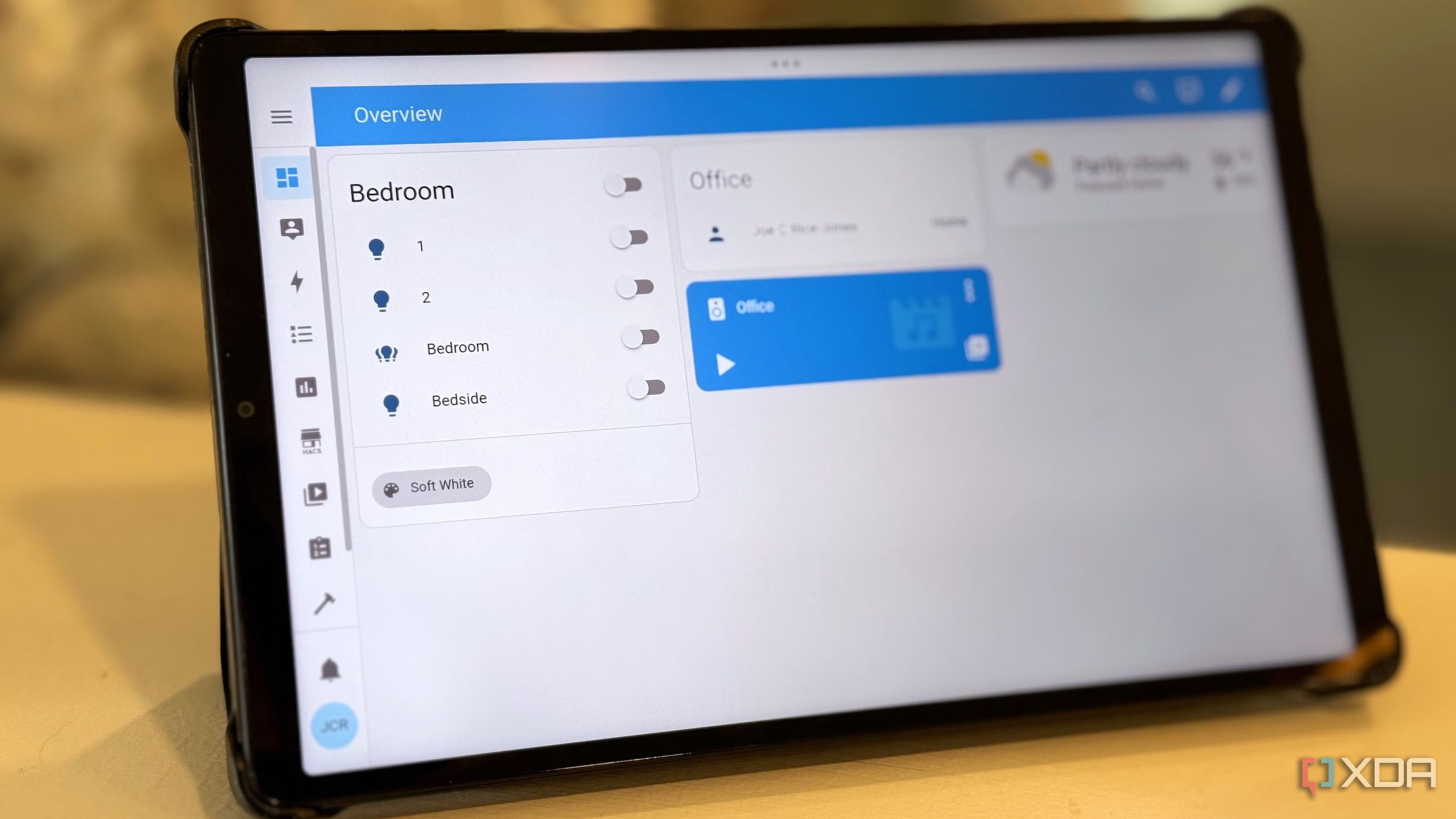Providence and Humana have announced a collaborative initiative aimed at improving value-based healthcare through a new data exchange program. The project, revealed on October 16, 2023, focuses on establishing secure and standardized clinical data sharing, which is anticipated to streamline member attribution, reduce administrative burdens, and bridge existing care gaps.
The healthcare sector has long grappled with inadequate data infrastructure. Current systems are often fragmented, complicating efforts for both providers and payers to coordinate care effectively and monitor patient outcomes. By implementing national standards such as FHIR (Fast Healthcare Interoperability Resources), this initiative seeks to cultivate a more interoperable ecosystem that ensures timely and accurate data exchange.
Addressing Fragmentation in Healthcare Data
According to Michael Westover, Providence’s vice president of population health informatics, the collaboration with Humana is significant due to its status as a major national payer. “If Providence and a small Northwest payer did something, people would say, ‘That’s great, but how’s that going to impact the world?’” Westover stated. “But when we start moving over to Humana, which has a lot of reach and could impact vendors and providers across the country, I think we’re really talking about changing the way we do data exchange as a nation.”
Westover emphasized that effective value-based care hinges on the ability for data to flow freely and bidirectionally between payers and providers. Currently, Providence receives information in numerous inconsistent formats, leading to inefficiencies. The new program aims to mitigate these issues by utilizing standardized APIs (Application Programming Interfaces) that facilitate the real-time exchange of rosters, claims, care gaps, and financial data. This streamlined process is expected to reduce manual workload for clinicians and minimize delays for patients.
Enhancing Patient Care Through Standardization
The initiative aligns with Providence’s broader strategy to expand value-based care across its approximately 150 risk arrangements. Westover expressed confidence that standardizing data exchange could significantly decrease implementation timelines, potentially shortening them from 18 months to mere days. This efficiency would also allow for easier replication of the system with other payers.
On the patient care front, Westover noted that data standardization stands to enhance patient matching and care coordination, ensuring individuals receive appropriate care timely. He linked this initiative to the efforts of the Centers for Medicare & Medicaid Services (CMS) and the Office of the National Coordinator for Health Information Technology (ONC) toward interoperability, stating that Providence is committed to fulfilling obligations under the Trusted Exchange Framework and Common Agreement (TEFCA) and other federal initiatives that advocate for open data exchange.
Ultimately, Westover underscored that this initiative is about liberating healthcare from “walled gardens.” The goal is to replace the costly, manual data-cleaning processes with a standards-based exchange. This transformation will enable provider organizations to concentrate more on patient care and innovation, ultimately benefiting the healthcare system as a whole.







